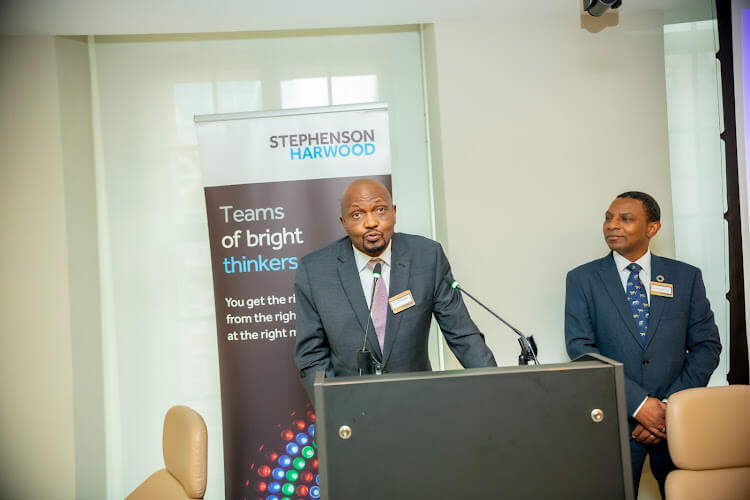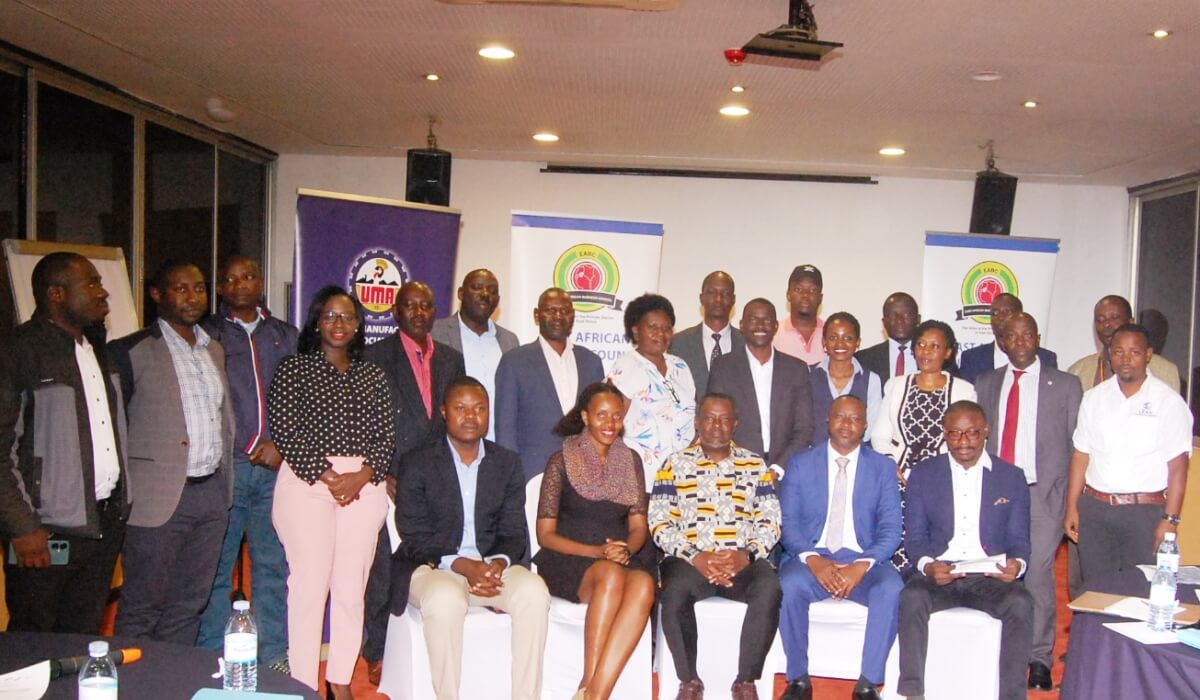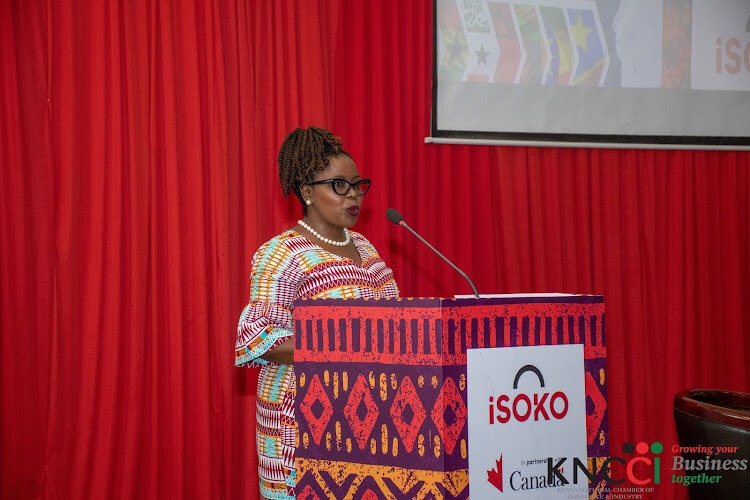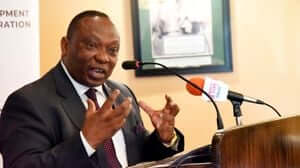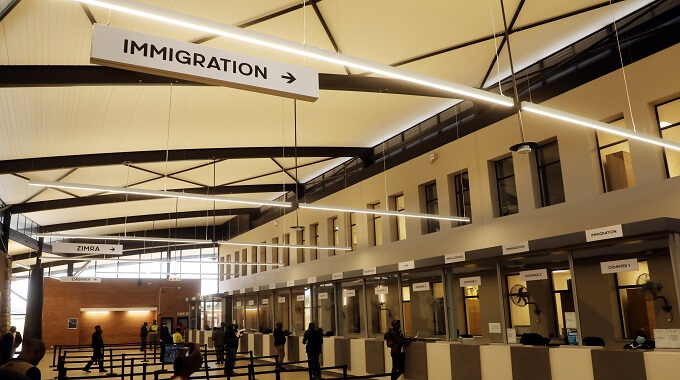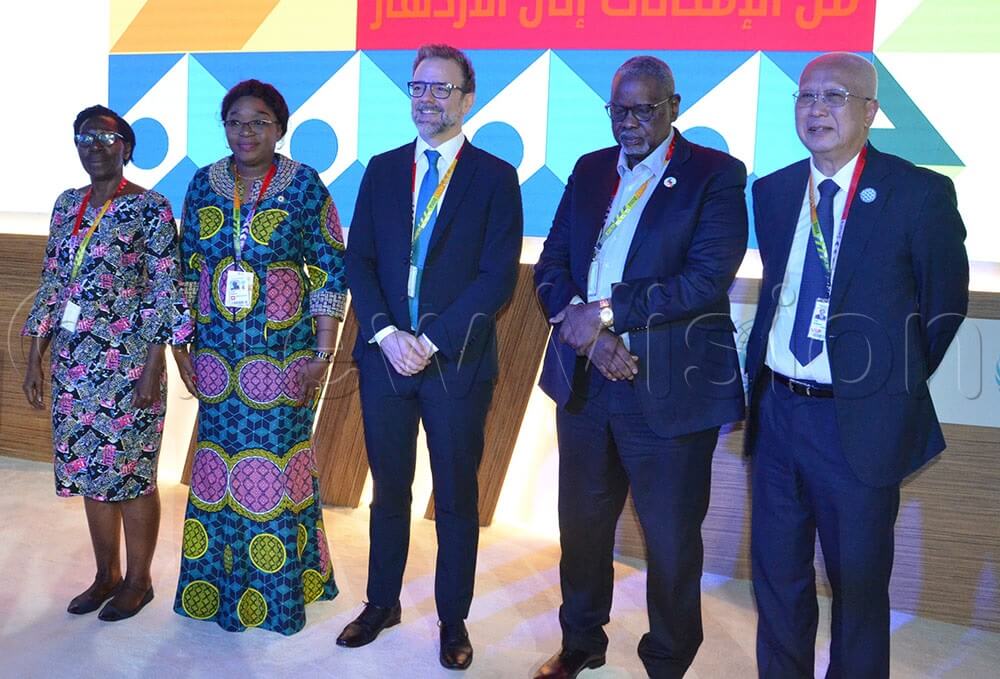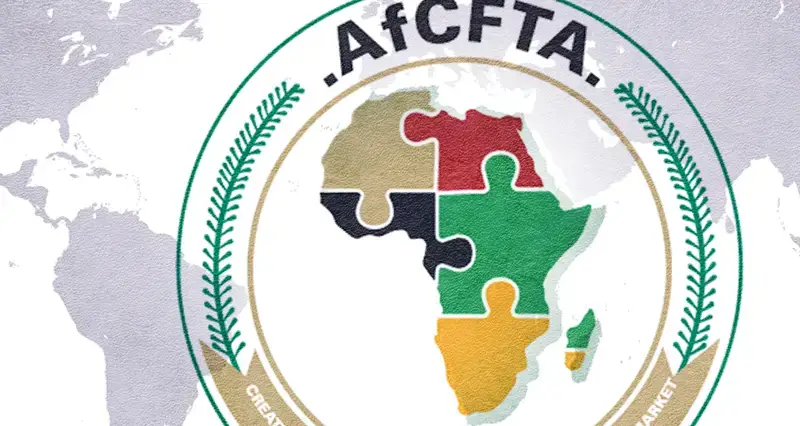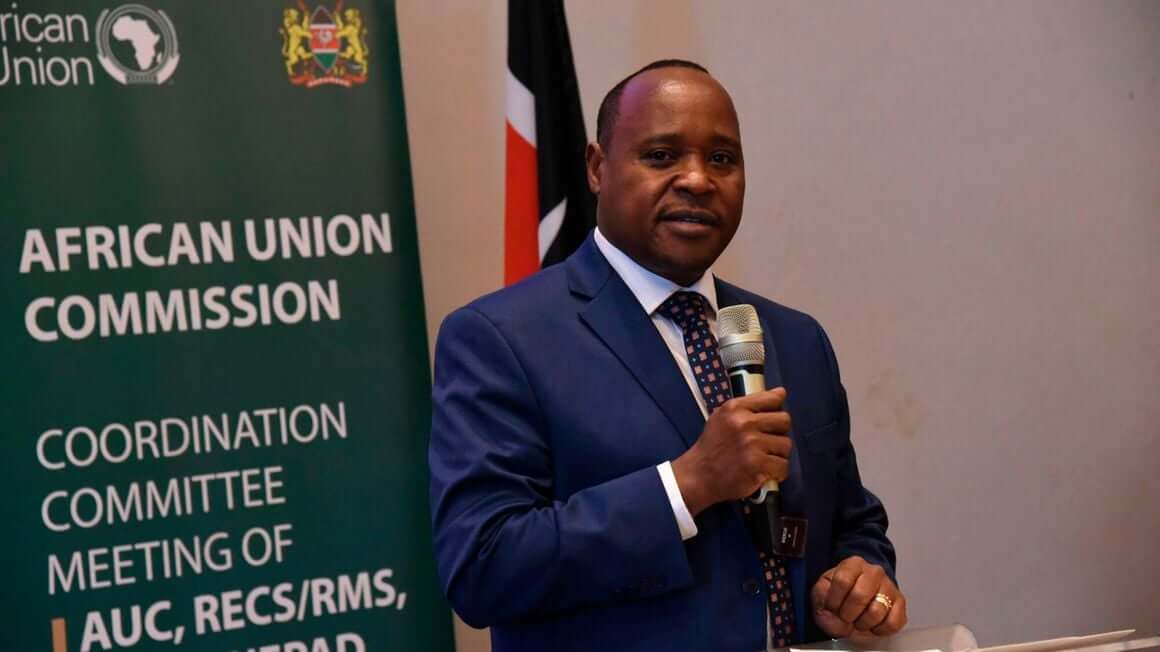Prosper Africa, a US Government initiative aimed at increasing two-way trade and investment between the US and African countries, has announced its sponsorship of the Africa Fintech Summit in 2023. The summit will be held in Washington DC on April 12, 2023, at the Walter E. Washington Convention Center. The move comes after President Joe Biden launched the White House’s Digital Transformation with Africa (DTA) initiative, recognizing the growth potential of Africa’s technology sector. US Govt Seeks to advance fintech growth in Africa During the summit, Prosper Africa will join other US government agencies to engage with tech innovators, founders, and ecosystem players to showcase the full suite of US government services and resources to advance fintech growth and US-Africa investment. Prosper Africa will be officially launching the Tech for Trade Alliance at a special session during the summit. The alliance, which is made up of major US companies, aims to accelerate e-commerce and digital trade in Africa and address legal, regulatory, and logistical bottlenecks across the continent. Since launching Prosper Africa in June 2019, the US government has helped close 1100 deals across 49 countries for a total estimated value of $65 billion in two-way trade and investment. The Africa Fintech Summit has become the largest bi-annual financial technology gathering on the African continent since its first summit in 2018. The 9th edition of the summit will focus on US-Africa tech connections, fintech regulatory best practices, diaspora banking and remittance, African fintechs expanding globally, cross-border payment movements, use cases for...
US Govt’s Prosper Africa joins hands with Africa Fintech Summit
Posted on: March 23, 2023
Posted on: March 23, 2023


